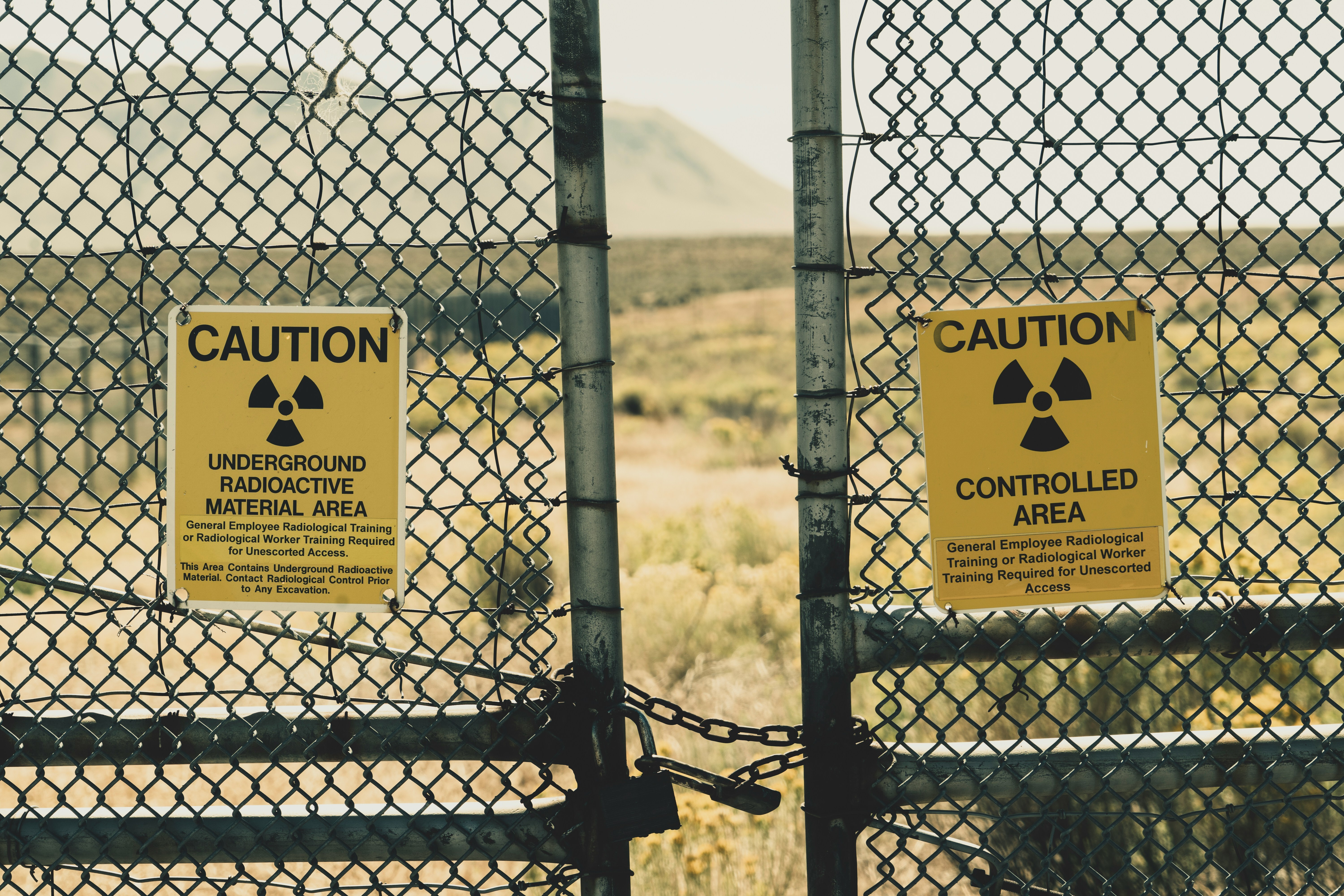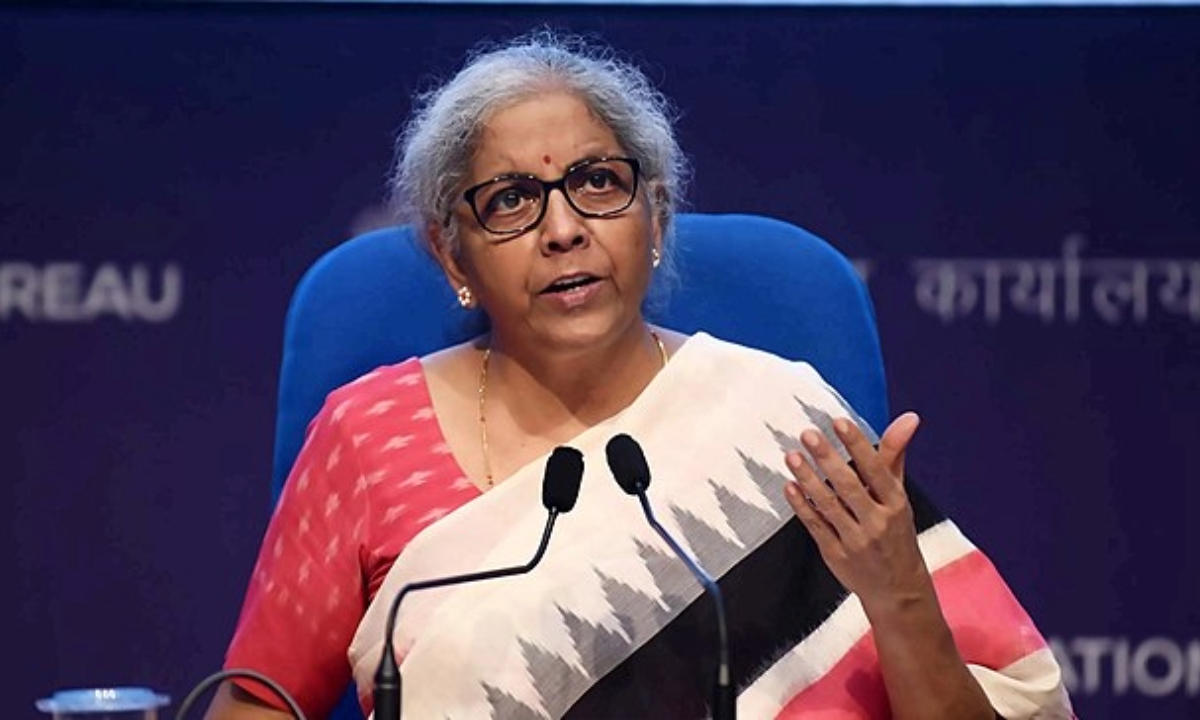Why we should let children play
Children develop high-order responsibility by playing because they approach play just like adults approach work.
21 August, 2023•12 min
0
21 August, 2023•12 min
0

More in Chaos
Chaos
India needs to stop courting the US and look for a solid plan B
It’s never a good sign when your foreign minister needs a lobbyist to meet US officials. The recent events signal a breakdown in the Modi government’s ability to operate in today’s Washington through its own machinery.
You may also like
Chaos
How to interact with special needs children
Awkwardness and blank stares don’t help; understanding and empathy do.
Chaos
The special needs of parents with special needs children
Parents of special needs children typically experience depression and exhaustion, living a life full of intense feelings and difficult decisions, and the constant fear of what the future holds for their child in an inflexible world.
Chaos
The holy trinity you need to deal with your child’s special needs
Special needs is a broad term covering many conditions, but the common thread bringing them together is the triangle of support, which is crucial for adaptability and integration.








